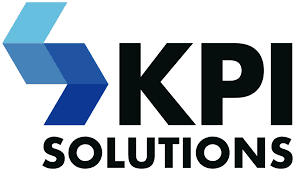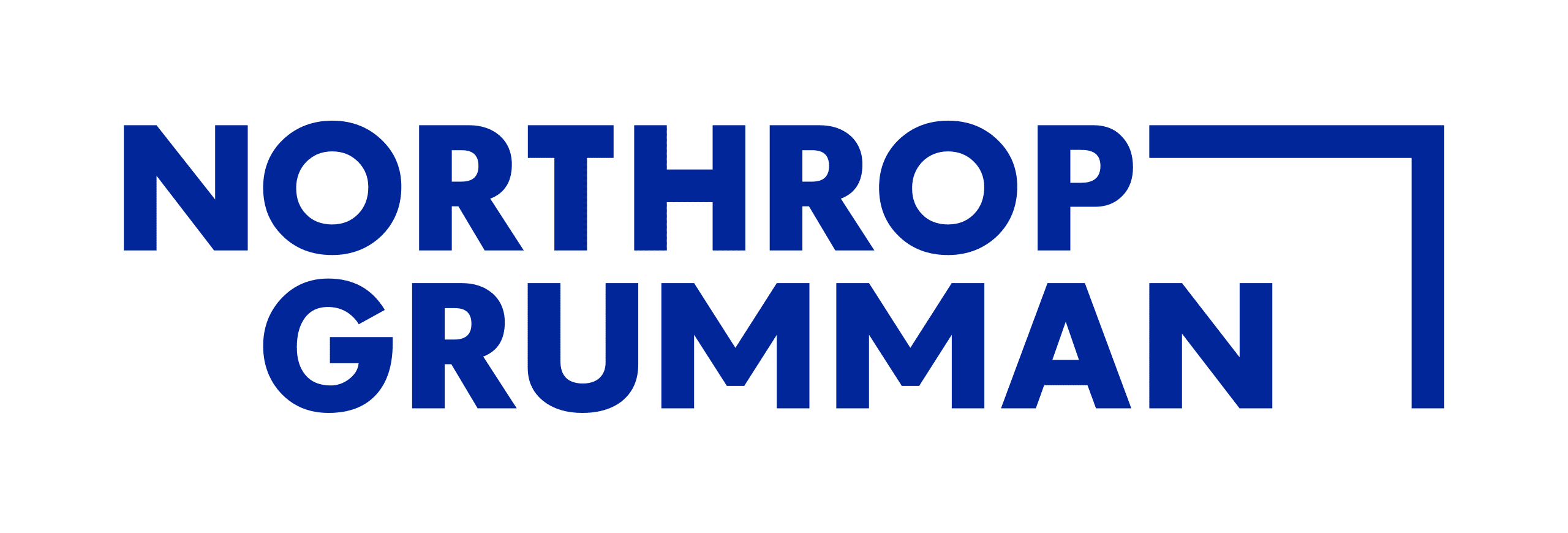2023 Simio Sync: Unlock Your Success
WHEN
March 1, 2023
END DATE
March 2, 2023
Presentation Highlights & Replays

Using Simulation to Understand the Operational Impact of Changing Customer Behaviors
As one of the founding companies in the QSR industry, providing customers with great food and great service has always been at the heart of McDonald’s business. In today’s increasingly digital and rapidly changing world, it is important to stay out in front of changing customer behaviors to maintain the level of quality and service they have come to expect. At McDonald’s Restaurant Solutions Group, we are utilizing simulation modeling with to do just that.

Fully integrated Simio Digital Twin to Synchronize Production at an Aluminum Smelter
A use case of a Simio digital twin implemented at the Alcoa Baie-Comeau smelter will be presented. It will focus on the initial business case of the project, why choosing Simio, the 3 major steps to implement the solution and the achieved results.

Simio Digital Twins – Strategy for Successful Integration and Adoption
In this presentation, Accenture will dig deeper into the concept of DDMRP and “Pull-Based” methodology; and explain how it can address some of the most common issues we see in modern supply chains. We will then bring those concepts to life in a case study of an Accenture engagement with a Global Flavor Manufacturer, discussing our approach and the scope of financial value associated with DDMRP. Finally, we will examine Accenture’s ecosystem of solutions aimed at solving clients’ S&OP and S&OE problems; discussing Accenture’s approach and how DDMRP serves as a valuable arrow in our Strategy and Consulting quiver.

Data-driven modeling for moveable asset logistics
This presentation will provide a high-level introduction to Demand Driven Material Requirements Planning (DDMRP) and explain why Simio believes support for DDMRP is complementary to our existing planning and scheduling solution. Combining the disruptive DDMRP replenishment and planning methodology with Simio’s proven simulation-based approach to planning and scheduling creates an unprecedented process for overcoming hurdles traditionally encountered during DDMRP implementations.
Simio’s support for DDMRP is applicable to DDMRP process designers, implementers, and practitioners, as well as current Simio users interested in addressing a broader range of manufacturing and supply chain challenges.
The presenters will provide a detailed overview of this new Simio functionality and discuss how to use it for a DDMRP implementation. The presentation will also include a demonstration of the new functionality in action.

Bringing DDMRP to Life
In this presentation, Accenture will dig deeper into the concept of DDMRP and “Pull-Based” methodology; and explain how it can address some of the most common issues we see in modern supply chains. We will then bring those concepts to life in a case study of an Accenture engagement with a Global Flavor Manufacturer, discussing our approach and the scope of financial value associated with DDMRP. Finally, we will examine Accenture’s ecosystem of solutions aimed at solving clients’ S&OP and S&OE problems; discussing Accenture’s approach and how DDMRP serves as a valuable arrow in our Strategy and Consulting quiver.

Simulation for Systems Integration: Modern Material Handling Techniques
As the use of automation across all industries continues to accelerate, systems integrators play an increasingly important role in the design and implementation of automated solutions. KPI is a systems integrator that employs a data-driven, technology-agnostic approach to engineered solutions that transforms operations to boost fulfillment speed, reduce reliance on labor, and improve agility. Join three members of the KPI simulation team for a discussion on simulation for systems integration, a project example, and lessons learned from our experience.

Highly Automated Storage System for 10k Pallets with Deliver to Order
SimulateFirst used Simio to create a highly automated warehouse simulation model including shelf space for 10k pallets, multiple shuttles and lifts. The system is initialized from a store database, and the user can choose a particular operation day to test the system. When running the model it triggers the entering pallets, picking orders and outgoing pallets within the warehouse. The pallets are routed in the warehouse based on the traffic situation. The system generates Gantts and KPIs in dashboards, which allows to analyze existing bottlenecks. This helps to improve the layout of the warehouse still in the construction phase.

Reimagining Product and Process Improvements with Simio’s OptQuest
Using Simio’s OptQuest capabilities, Northrop Grumman’s Industrial Engineering team conducted what if analysis to validate process and product improvements.

TwinAI: Empowering Digital-Twin with AI
Digital Twin is a digital representation of a real-world entity or system. It enables enterprises to simulate and configure their system without disrupting the real-world environment. To drive meaningful gains, it is essential to equip the existing Digital Twin platforms with advanced analytical solutions empowered by Artificial Intelligence (AI). The two technologies effectively capture systems’ complexities and leverage data analytics insights to support enterprises and gain operational excellence. TwinAI provides a practical and user-friendly implementation of AI with the simulation environment to support Digital Twin. TwinAI leverages the best of the both worlds, Simio for the successful implementation of Digital Twin, and Python to deploy multiple AI algorithms such as Reinforcement Learning and big-data optimization. This helps enterprises to i) transform large quantities of data into meaningful insights and recommend the best plan for future challenges, and ii) train and test the best AI practices for their systems.

Simio Neural Networks: A Showcase
With the growing sophistication of Digital Twin models, it is imperative to improve simulation modeling by integrating AI-enabled techniques. Simio as a pioneer discrete event simulation software, has taken a step towards integrating AI with simulation environments by offering built-in support for neural networks. The Simio Neural Network tool provides a user-friendly platform for collecting training data and training the neural network model. This tutorial will demonstrate how to use the Simio Neural Network tool to train a network for decision-making in a flexible flowshop scheduling model.

Successful Digital Transformation
Digital technology is drastically altering the balance of power between customers and companies. As customers gain the power of information and choice, digital technology dramatically improves the economics of business. These economics are the primary drivers of digital transformation for many businesses. While the need for digital transformation is undeniable, such initiatives often fail in implementation. This presentation therefore focuses on the missing link in the digital transformation journey: implementing the digital transformation on the ground. Our point of view is that an operational implementation focus will complement an organizational change point of view. Specifically, our experience in the supply chain context suggests that creating the digital twin of a physical system in the form of a Simio model implementation around collecting data, processing the data on a real time basis, and identifying quick actionable solutions on the ground are critical capabilities that are essential towards successful digital transformation; however, such capabilities are very difficult to acquire without defining a carefully crafted execution/implementation process.

New Features of Simio
New Features Include: Status Table, Chart Designer, Dashboard Type, Expression Editor, Entity State Window, Table-based Auto-Create Dimensions, Link Definition Set Path Color, Real Teal Clock, Inventory Review Log
